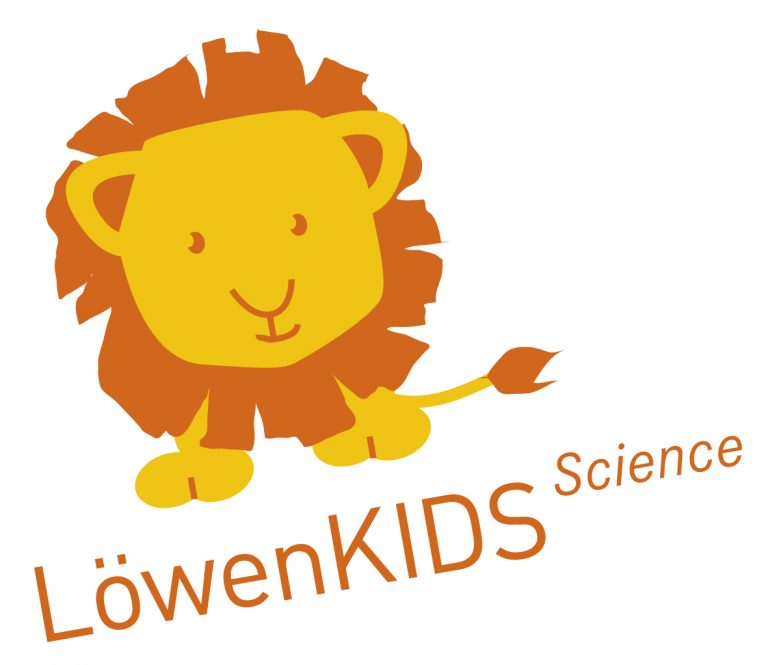WHAT ARE INFECTIONS?

- An infection occurs when a germ enters the body and multiplies there. There are many different pathogens; the most common are viruses and bacteria. But not every pathogen automatically causes illness. The decisive factor is how aggressive the germ is and how well our immune system can defend itself against it. At birth, the immune system is not yet fully developed. It must first become acquainted with many different infectious agents in order to form effective defense mechanisms against them. This is one reason why children tend to be ill more often than adults.
- The human immune system may not develop properly, however. In the case of allergies, the immune system turns against harmless substances such as pollen, cat hair or peanuts as it confuses those with harmful pathogens. It is also possible for the immune system to turn against healthy cells of its own body, for example in form of diabetes mellitus. Some of these diseases only develop well into adulthood and become a chronic condition, meaning that the disease may last for a long period of time or even a lifetime.
This is why infectious diseases are central to the LöwenKIDS study, which examines the influence of infections in the first years of life.



